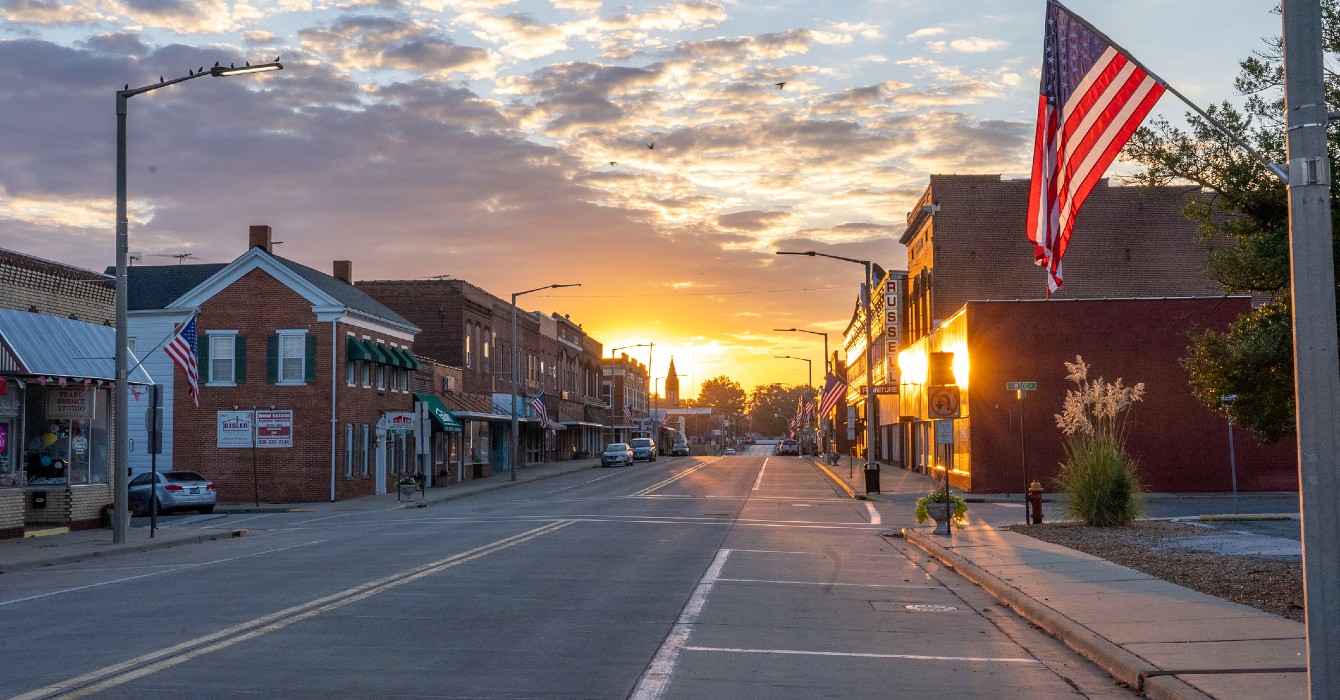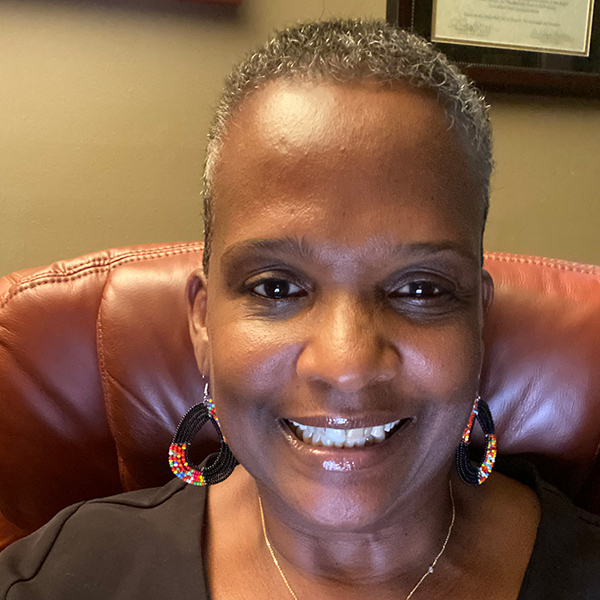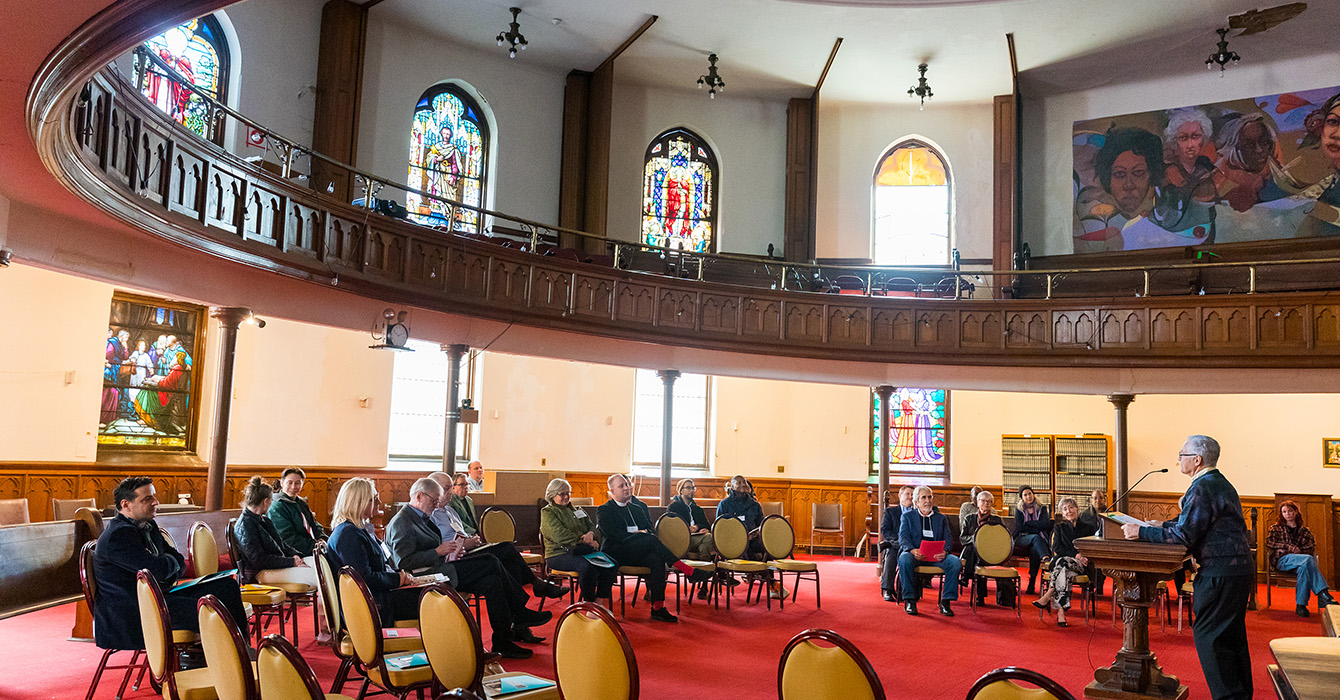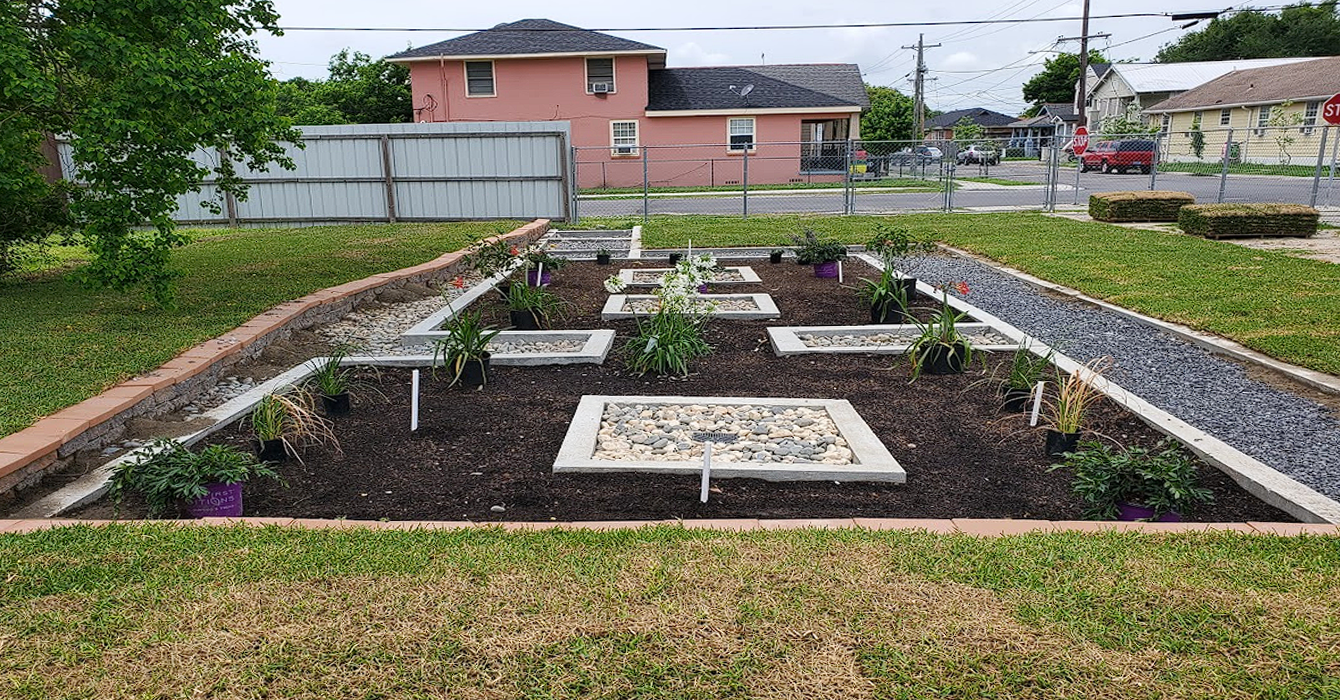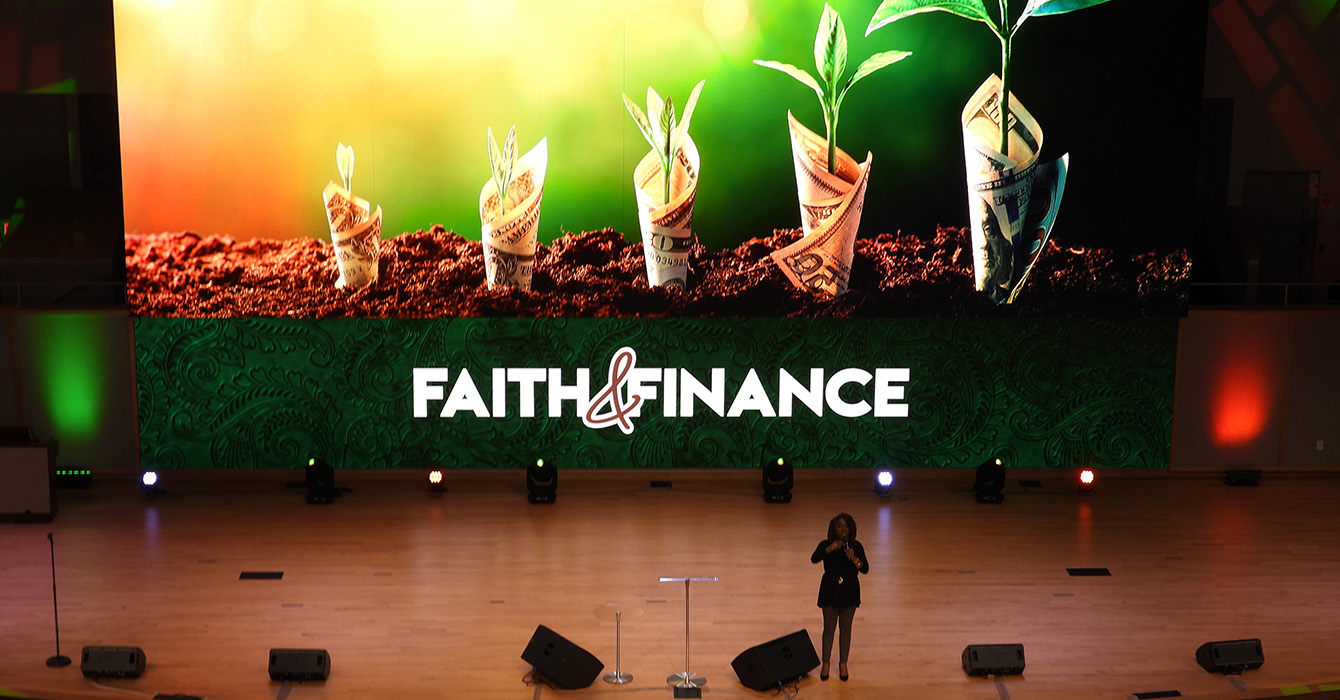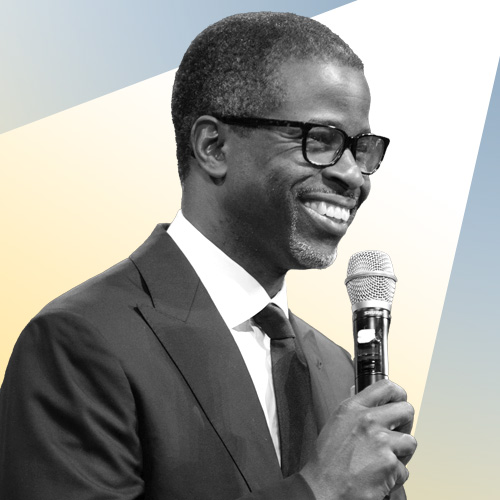As an Episcopal priest and longtime runner, I’ve been thinking a lot recently about the communities that form around these two different disciplines, faith and running, and the places where they are learned and practiced.
As a canon to the bishop of the Episcopal Diocese of North Carolina, I visit churches all over the state. No matter the church’s size or location, clergy and lay leaders usually tell me the same story. Everywhere, dedicated and faithful congregations are facing the same challenges -- money, declining membership, a lack of newcomers, the upkeep of their property. They are at once joyful, frustrated and tired.
At virtually every church, almost all the time and energy goes into Sunday worship and activities. Typically, it’s all compressed into two or three hours on Sunday mornings, when the numbers hit a peak and visitors and newcomers, if they come at all, are present.
The rest of the week, the building is mostly empty, except maybe one night when committee meetings, choir practice or Bible studies are held. At least some days, the priest is in the building, usually alone, unless the church has a secretary or other administrator, which fewer and fewer churches can afford.
When people are at the church, whether on Sundays or during the week, their time together is highly structured and scheduled. People come for a certain event, and then they leave. Even those who stay for coffee after the service do not stay long. Nobody drops by or hangs around a church unless they have a reason to.
Church leaders and I talk a lot about community -- how to form it, nurture it, expand it. Many of the activities and most of the Sunday morning time are scheduled with community in mind. For many people, community seems to be the goal of church life and the key to bringing in new life and new members.
I was thinking about this the last time I was at the gym. I go there sometimes on my own and sometimes with my husband, who sees a trainer there. It’s more like a training center than your standard YMCA, and neither of us goes there every day or even every week. Instead, my husband meets with his trainer, Mike, whenever he needs a tuneup or a consultation, and I stop by to pick up protein powder or energy gels.
Mike works full time as a coach, but he doesn’t do all his work at the gym. He sees individual clients and runs fitness groups in a variety of settings. He writes articles and keeps a blog and a high-profile social media presence. He consults and advises.
The gym is open only three evenings a week, and during the day on Saturday and Sunday. Trainers and coaches come and go, meeting clients and classes as needed. Some work part time, some full time.
When the gym is open, anyone can come by to pick up fitness-related information and supplies, request a quick consult or sign up for classes. The gym doesn’t have memberships; it’s pay-as-you-go for individual and group training.
Community, however, is free, and I always enjoy spending time in a place where I can share my experiences and ask questions about my running passion. People come and go at all times and for all sorts of reasons. I am always amazed at the camaraderie and the people, and how easy it is to strike up a conversation.
Lately, I have been wondering what would happen if church was more like my gym. What if we thought of church not as a meeting place but as a spiritual training center, a place that combines a drop-in feel with an established routine and considers anew how and why we gather together?
What would happen if we thought of our Christian practice in the same way that we think of our physical activity -- as first something that we engage in on our own, and then something that we occasionally need help with and gather with others to share? What if community was the result of our faith, not the aim?
Such a church would be a much more dynamic place. It would be a place to go when we need a spiritual tuneup or in-depth instruction or rehabilitation. It would also be a place where we intentionally gather for worship -- but maybe not all the time.
Instead, sometimes we could simply drop in, knowing that we would bump into others for casual conversation about our own spiritual practice. We could go by for resources or to make appointments for consultation with experts or sign up for classes.
And like my coach-trainer, what if our priests and ministers worked full time, but not just at one place? What if ministers, too, dropped in at spiritual centers at different places and times, and also met one-on-one with individuals, wrote, and connected on social media? And instead of a salary, what if they were paid for spiritual consultation and classes, and even worship time, as individual sessions?
These ideas appeal to me because I’ve seen the kinds of communities that develop at the training gym and at most churches I have been a part of. The gym is more transitional and fluid than a church, but it is also more dynamic and focused. The gym offers me a place to talk and to learn about running -- how to be a better runner, why I love to run. It doesn’t offer day care, outreach or potlucks, not because these things aren’t important, but because they are not immediately related to what is happening at the gym. If some people at the gym want to organize such things, they can.
I love church. Yet I rarely walk into one and fall easily into discussion about my own faith or the church’s beliefs unless I am in a class structured for that purpose. Oddly, people in church rarely spend time talking about the state of their souls. They are much more likely to talk about running!
Likewise, when I ask a question at the gym -- Should I eat before I run? What should I eat? -- I get a million answers from novice and expert alike. But if I drop by a church and ask a similar question -- How should I pray, and when? -- people point me to the priest for an answer. I long for a religious community that has the same spirit of ownership and engagement from all its members as my gym has.
As a runner, I think of my own running first. I practice my own running, and then I seek to share with and learn from others on the same path (literally). I take part in activities small and large, formal and informal, regularly and occasionally, as I want and need to, and it all enriches my life, socially and physically.
At many churches, however, maintaining the structure -- deciding who will do what, when and where -- seems to be the first priority. Then, somewhere way down the line, we can talk about my own discipleship, my own relationship with Jesus and how that plays out in my life.
One small shift in our life together could have a profound effect. Maybe we should start thinking of ourselves first as individual Christians, exercising our souls in the ways we know and seeking to grow spiritually in the ways we don’t.
And from there, we could reach out to one another, seeking counsel, instruction and worship, finding our own times and places to meet, seeing all of our interactions as dynamic, maybe even fleeting. This simple shift could have a large effect on how we understand the church and our place in it.




